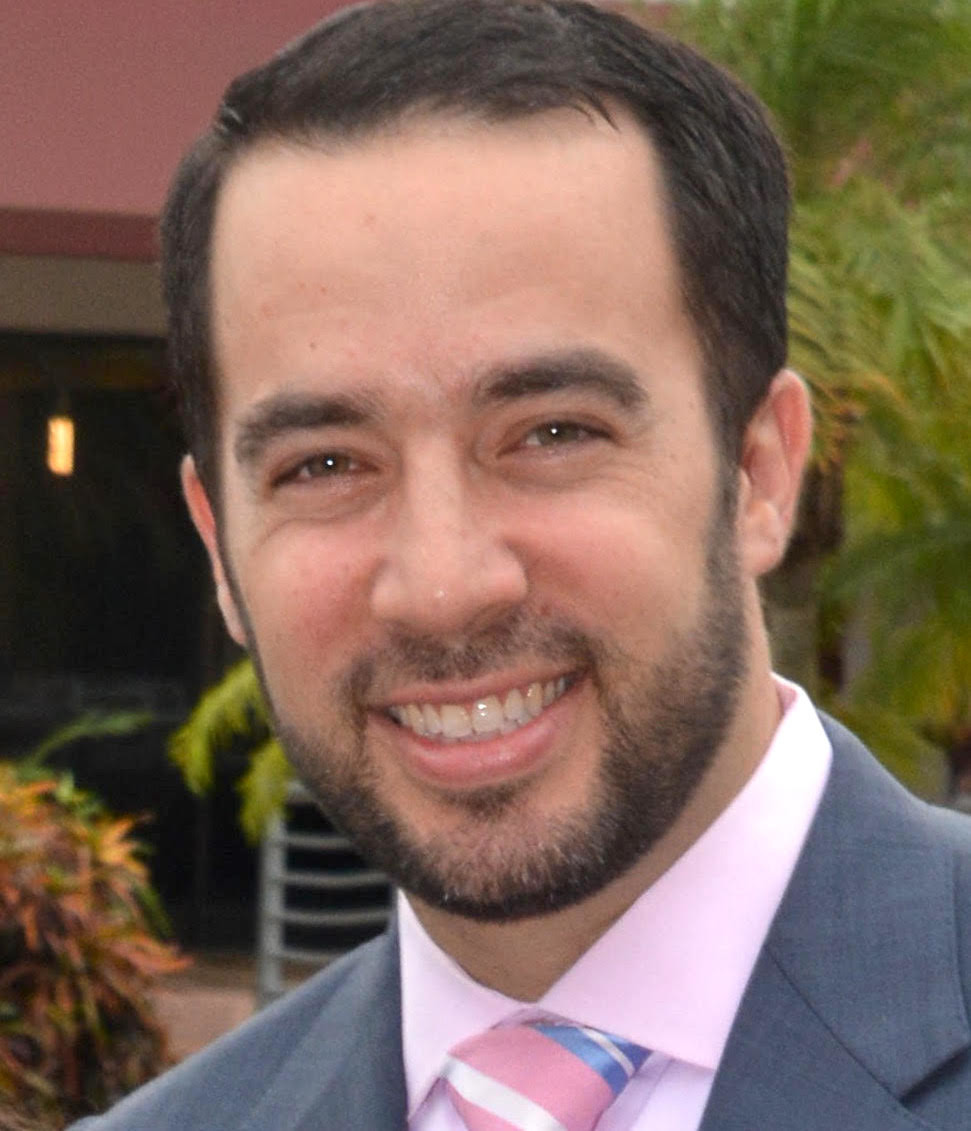Follow Avraham’s example and build people up!
In this week parsha, Lech Lecha, we read about how when Avraham and Sarah embarked on their journey to the Land G-d would show them, they brought with them the “souls they made in Charan.”
Who these people were is unclear, although the Midrash and commentaries advance a number of possibilities which depend on how they define the word asu (they made).
They might have been people converted by Avraham and Sarah to monotheism. Or people who had been taught to do what is right. Rashi suggests they were Avraham’s and Sarah’s servants because asah (to make) can be understood to mean “an acquisition.”
Rabbi Samson Raphael Hirsch notes how their “souls were created” (people whose lives lacked spirituality had a fire lit inside them by Avraham and Sarah. Each “soul” was truly “created” by their mentors).
The Talmud (Avodah Zarah 9a) says that the world is supposed to last 6,000 years from Adam until the Moshiach. The first 2,000 years were emptiness, the next 2,000 years were years of Torah, and the final 2,000 years are called Y’mot Hamoshiach (the Days of the Moshiach). The Talmud suggests that Avraham was 52 when these souls were “created,” since he was born in the year 1948 from the creation of Adam — 1,948 plus 52 equals 2000 — and at that age the 2,000 years of Torah began.
• • •
Midrash goes into specific detail as to how Avraham brought these people in and showed them love (Midrash Rabba 84, Vayeshev): “Avraham would bring them into his home, feed them, give them drink, bring them close, and enter them under the wings of the divine.”
So what happened to these people? Why is this the only reference to them in the Torah? Where were they in all of Avraham’s adventures (maybe they make an appearance in the war to save Lot).
Some of them might have been circumcised when Avraham circumcises himself, but otherwise they disappear. We don’t hear about this group in Yitzchak’s time and they certainly don’t accompany Yaakov down to Egypt.
In his Pardes Yosef, Rabbi Yosef Pazanowski quotes the Alexander Rebbe who says that after Avraham died, Avraham’s converts did not want to learn from Yitzchak. They never saw him as an Avraham. They stayed in their homes, “until their [souls] became cold and they returned to their old ways.”
Rav Chanokh Henikh Alexander said, “This teaches us that a person should never say that the righteous person of today is not like the tzaddik of previous generations. A person must glean what he or she can out of the tzaddik of the current times.”
This is a very important lesson about perspective. We know there are no Rav Moshe Feinsteins today, no Rav Shlomo Zalman Auerbachs, no Rav Yosef Dov Soloveitchiks, no Rav Ovadiah Yosefs. But there are people we can learn from and who can inspire us today. If we only pine for yesteryear, we can never grow in the times in which we are living.
• • •
There is another important lesson as well — that we should look past the negative things we see in others, embrace our commonalities, and even embrace our differences. Political discussions should be a space in which people can respectfully express their views and, when necessary, debate, without having their character assaulted just because they have such a view.
The inability to see past a difference in worldview and to find common ground is what caused the souls Avraham and Sarah brought with them to be lost to their ways once they were gone. This is also the danger of a cult of personality we often see today, where people attach themselves to a rabbi or charismatic leader, and become hopeless and helpless when that leader dies, leaves the spotlight, or turns out to be corrupt.
So let us make a commitment to be like Avraham as described in the Midrash (and not like Yitzchak, who dropped the ball on Avraham’s people) to embrace people no matter where they are, and bring them up, whether religiously or in general, and not put them down.
And with the new leadership which will be upon this nation come January, may G-d bless the United States of America. We’ll need all the divine help we can get.
Rabbi Avi Billet, originally from the Five Towns, is a mohel and the spiritual leader of Anshei Chesed Congregation in Boynton Beach. A version of this column was previously published. Originally published in 2016.






